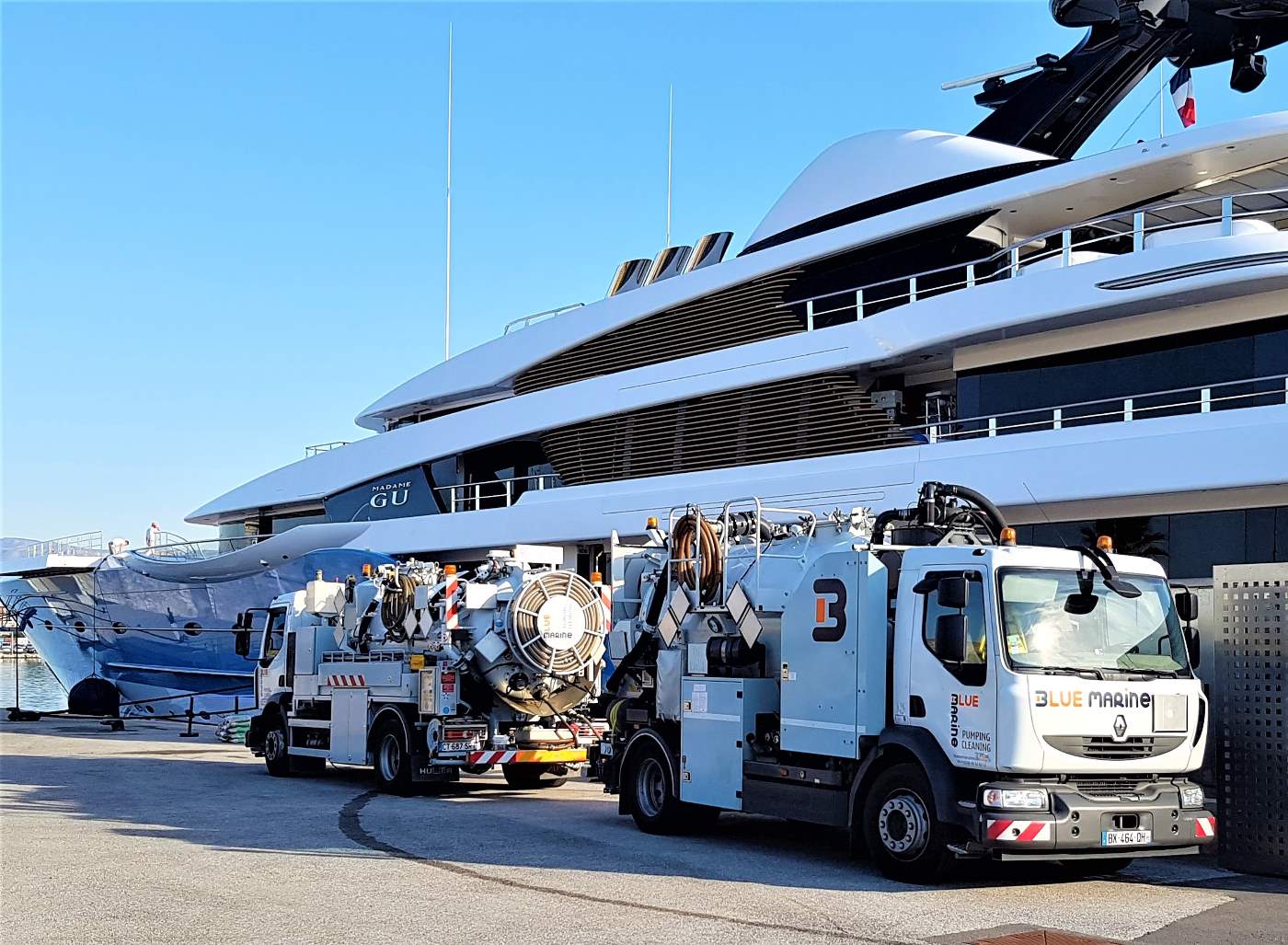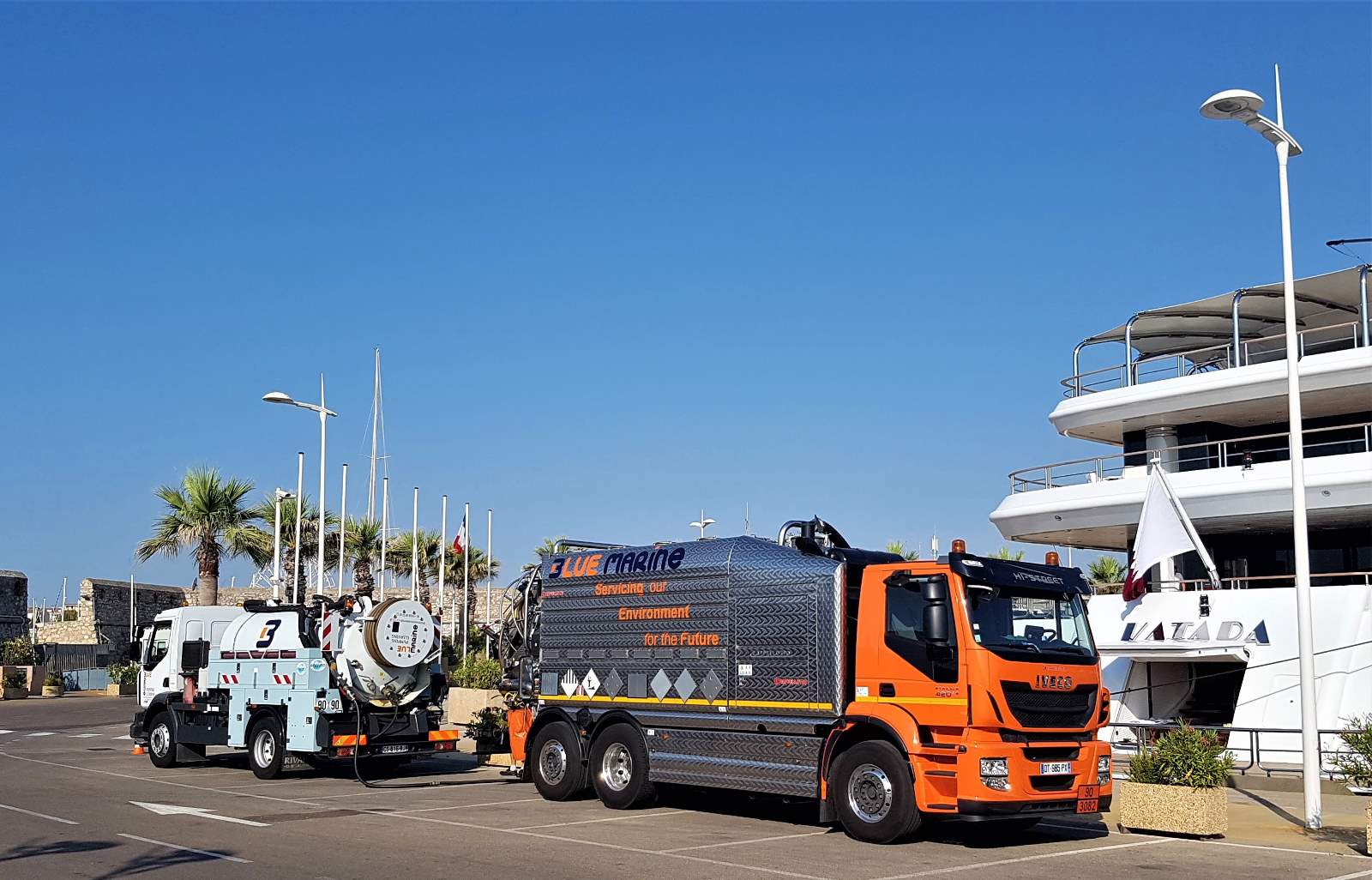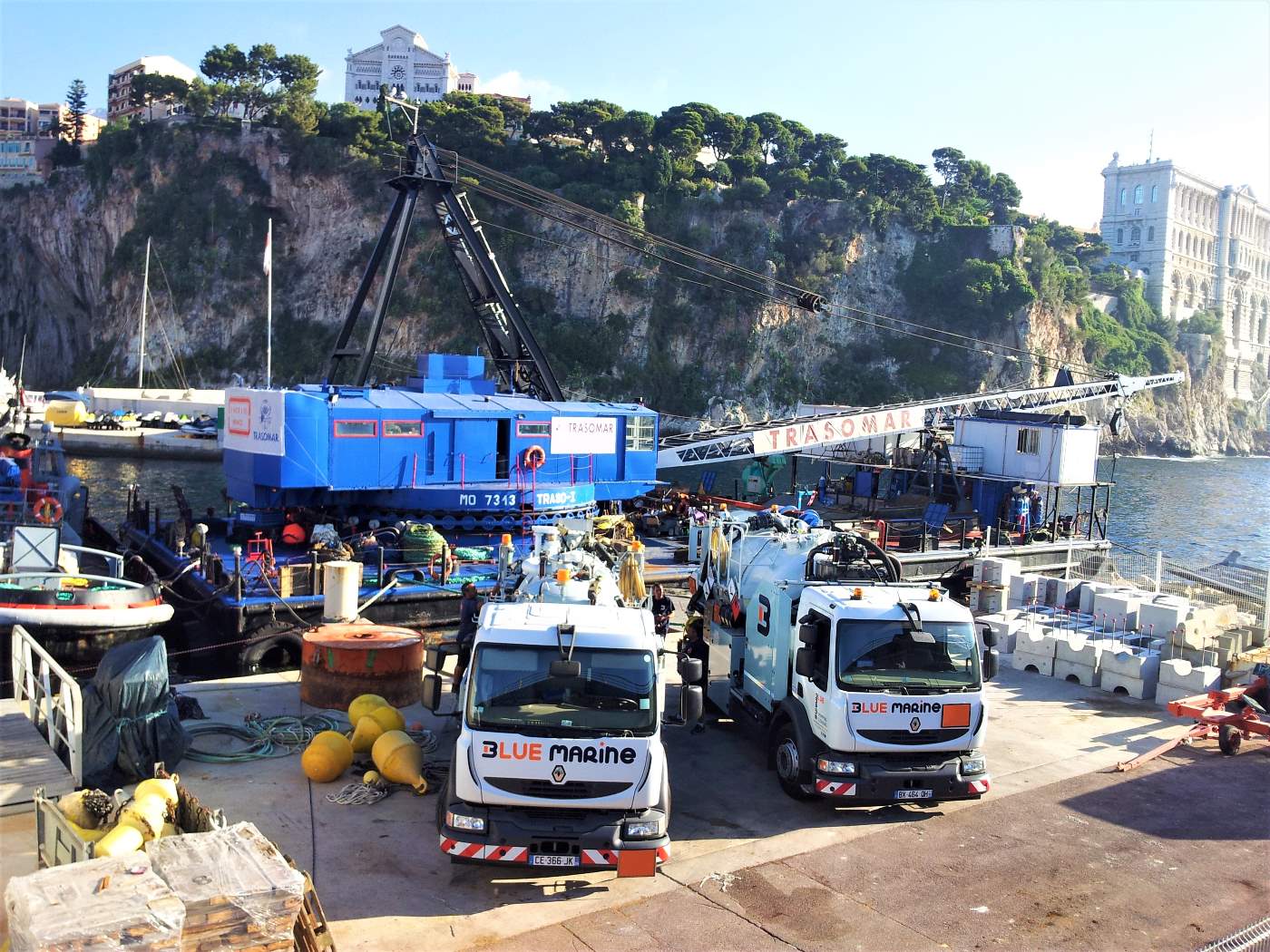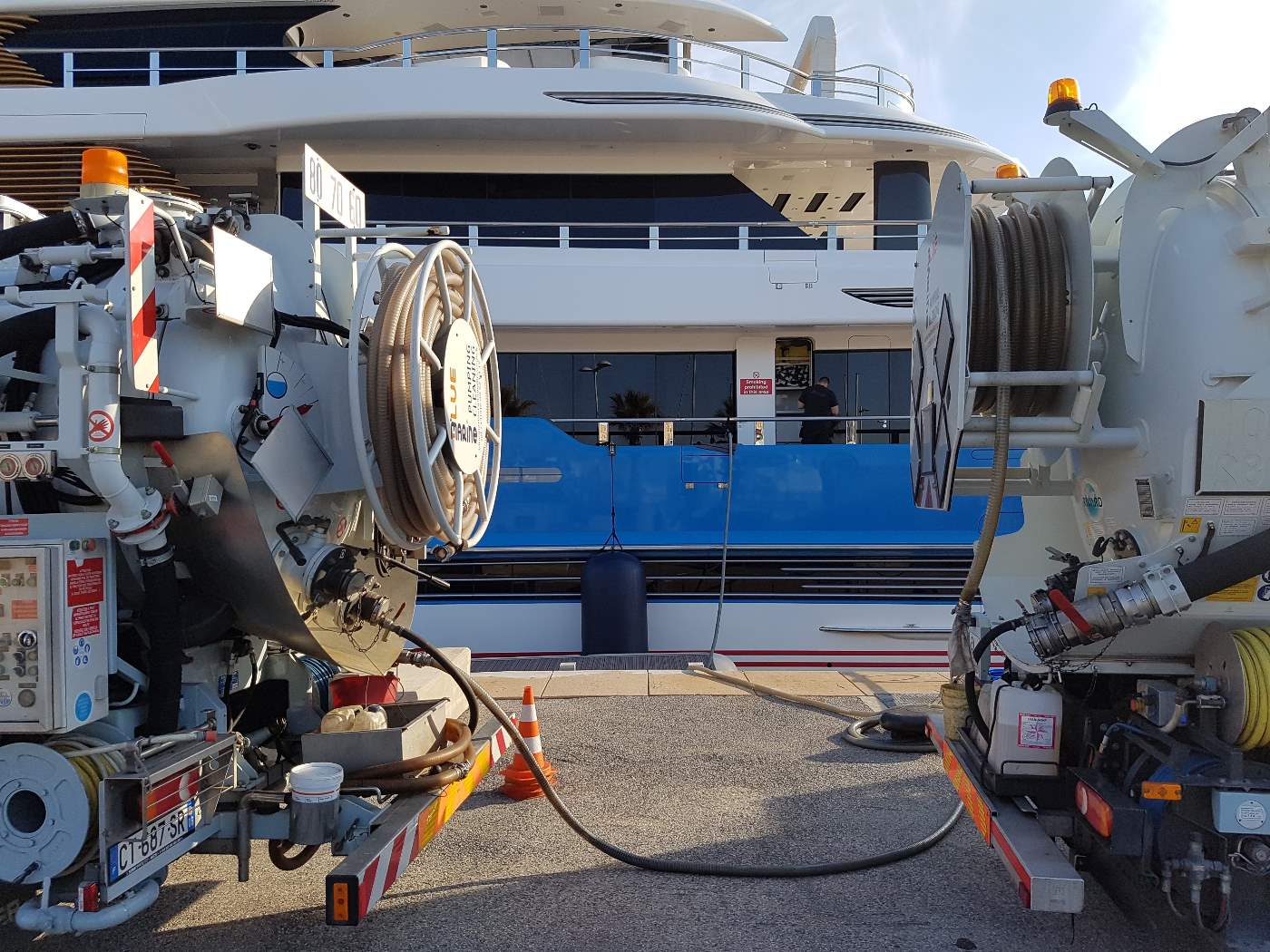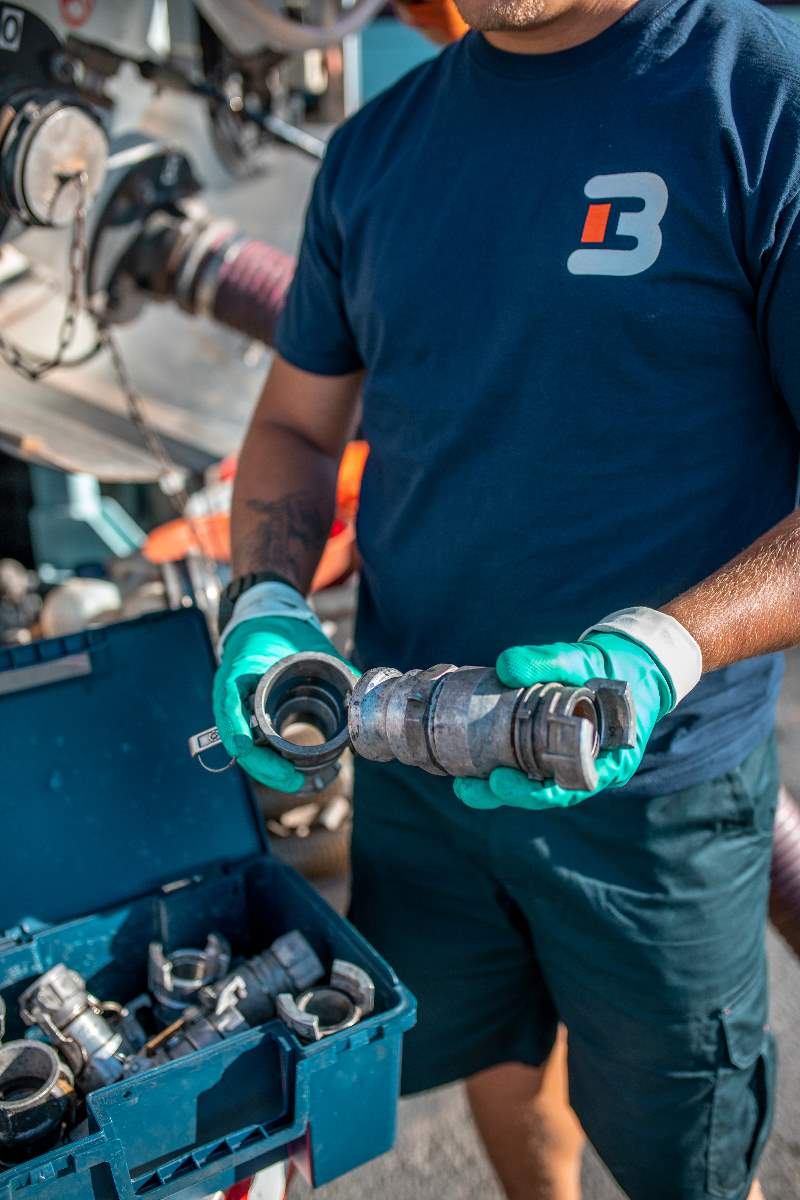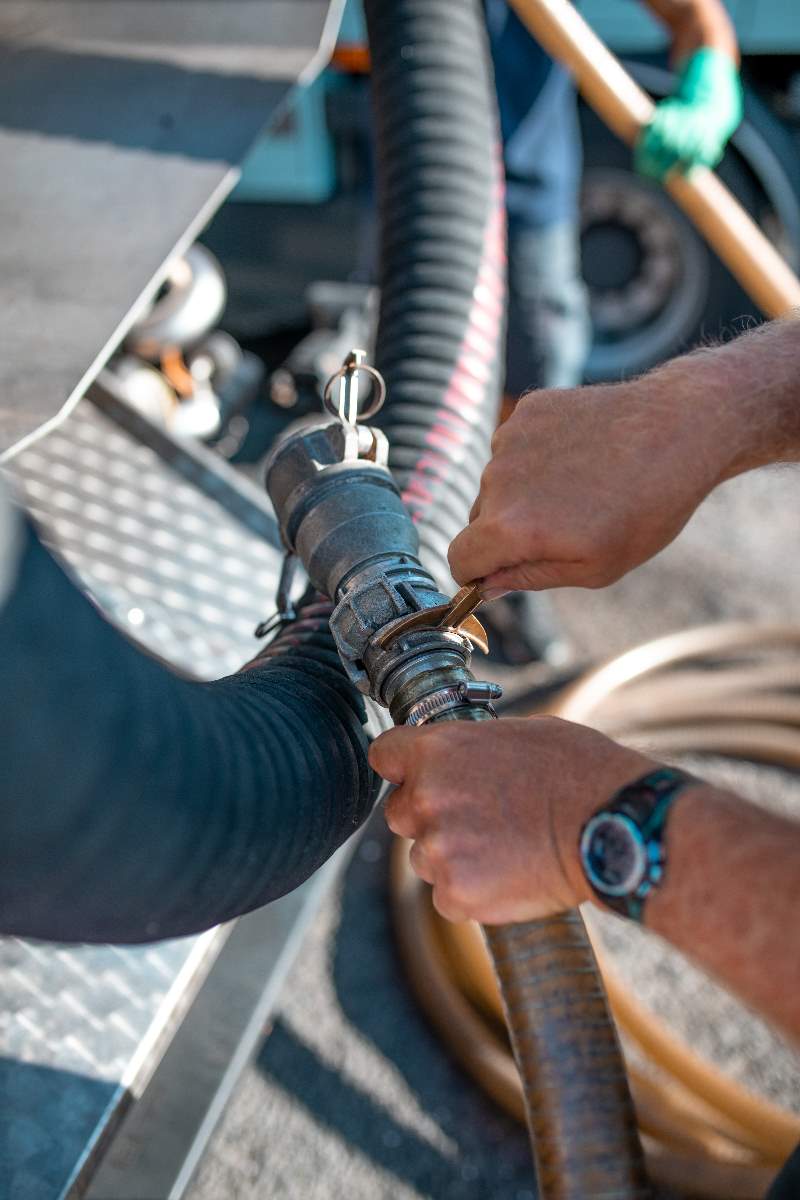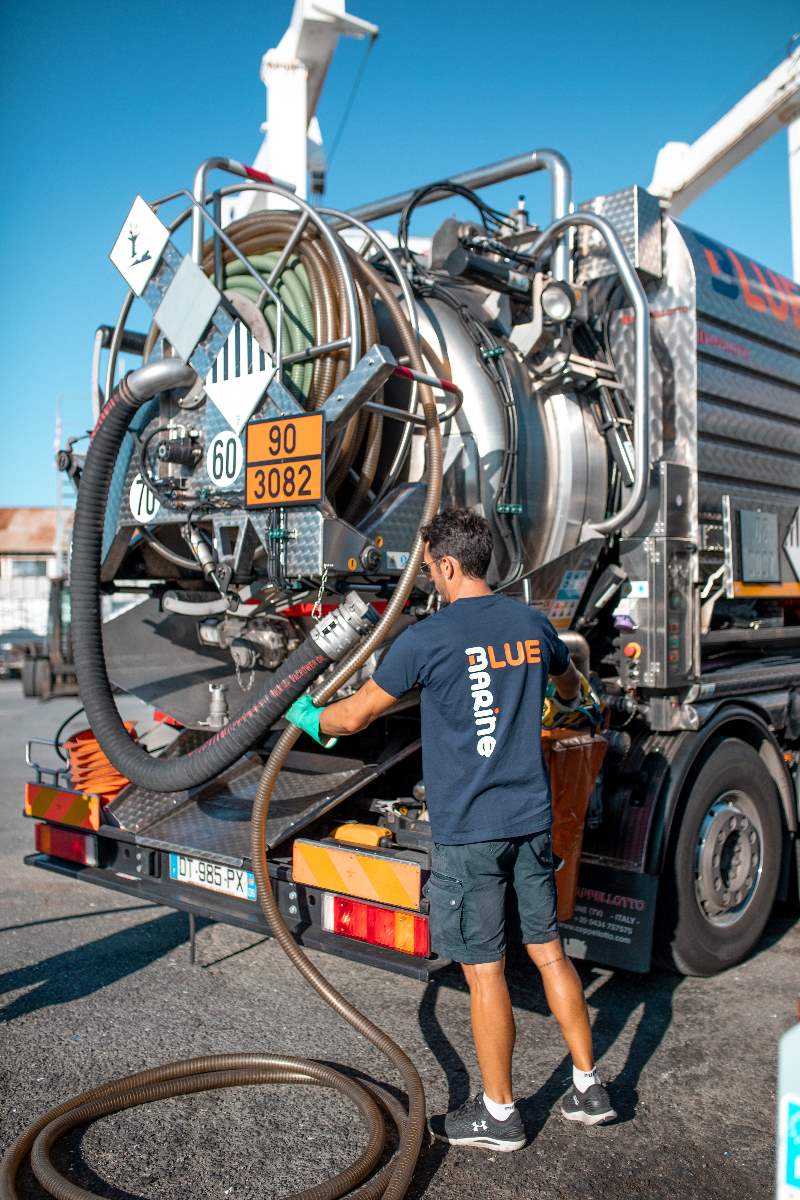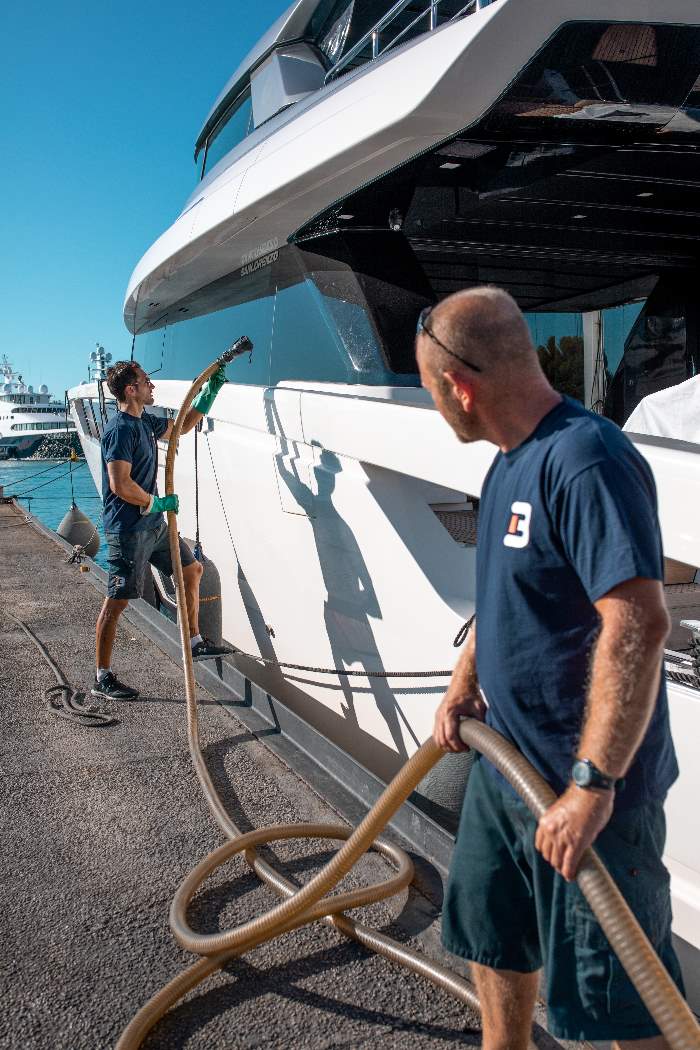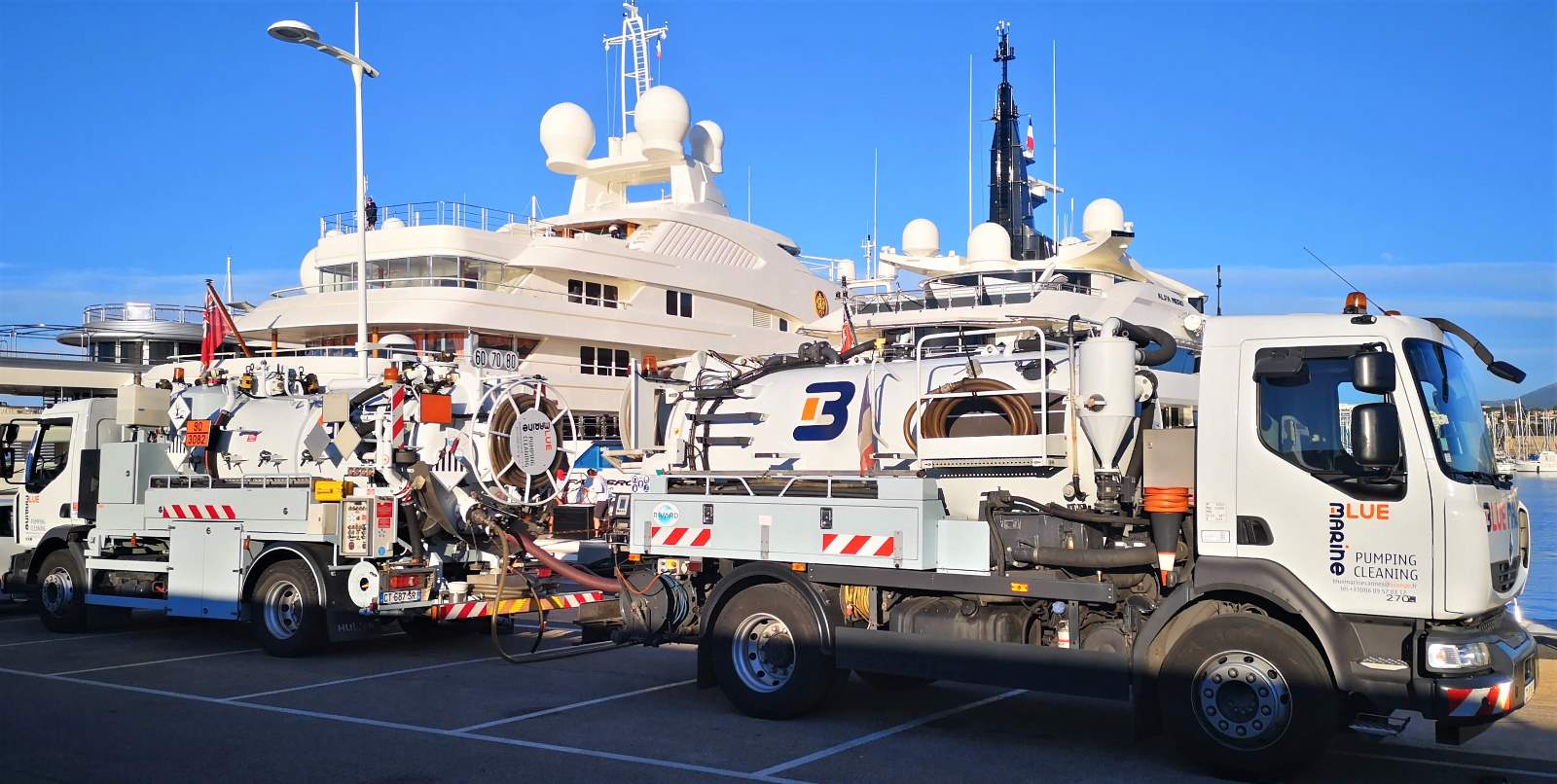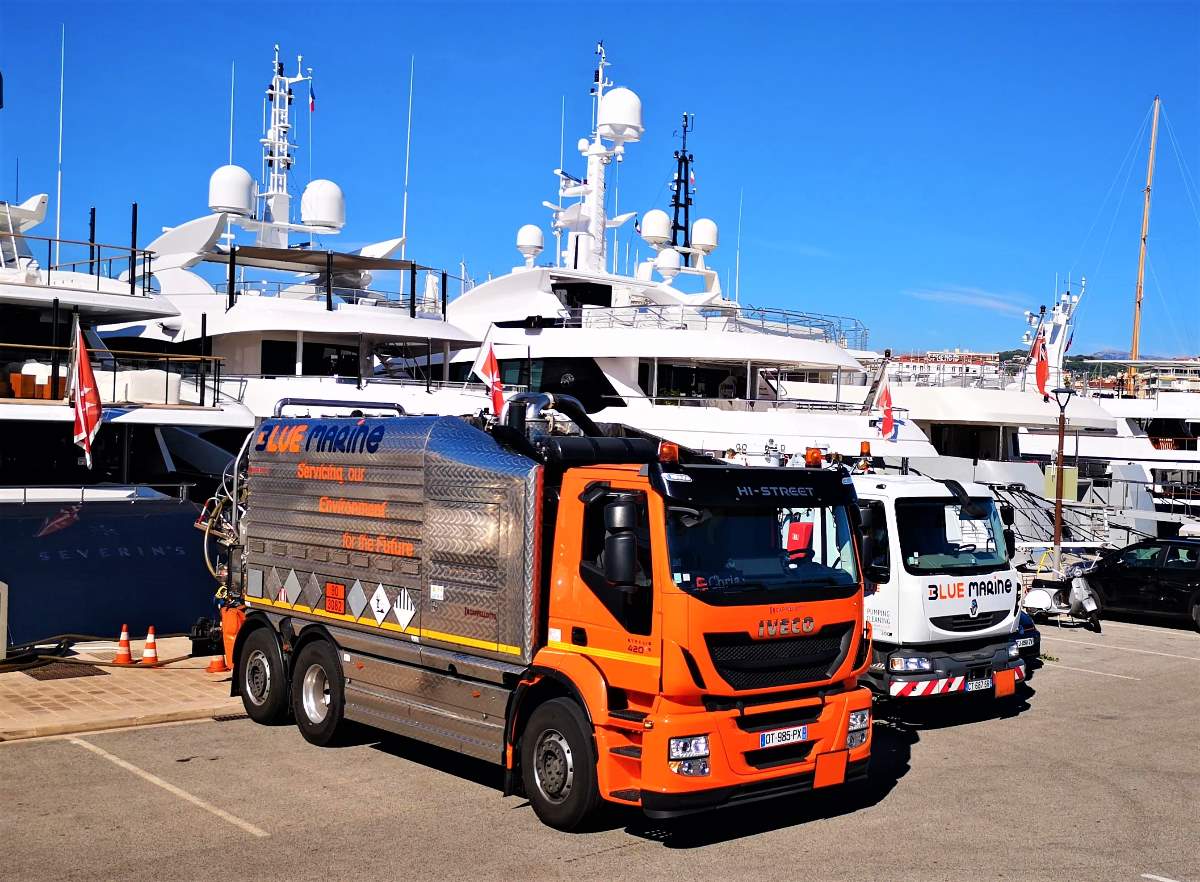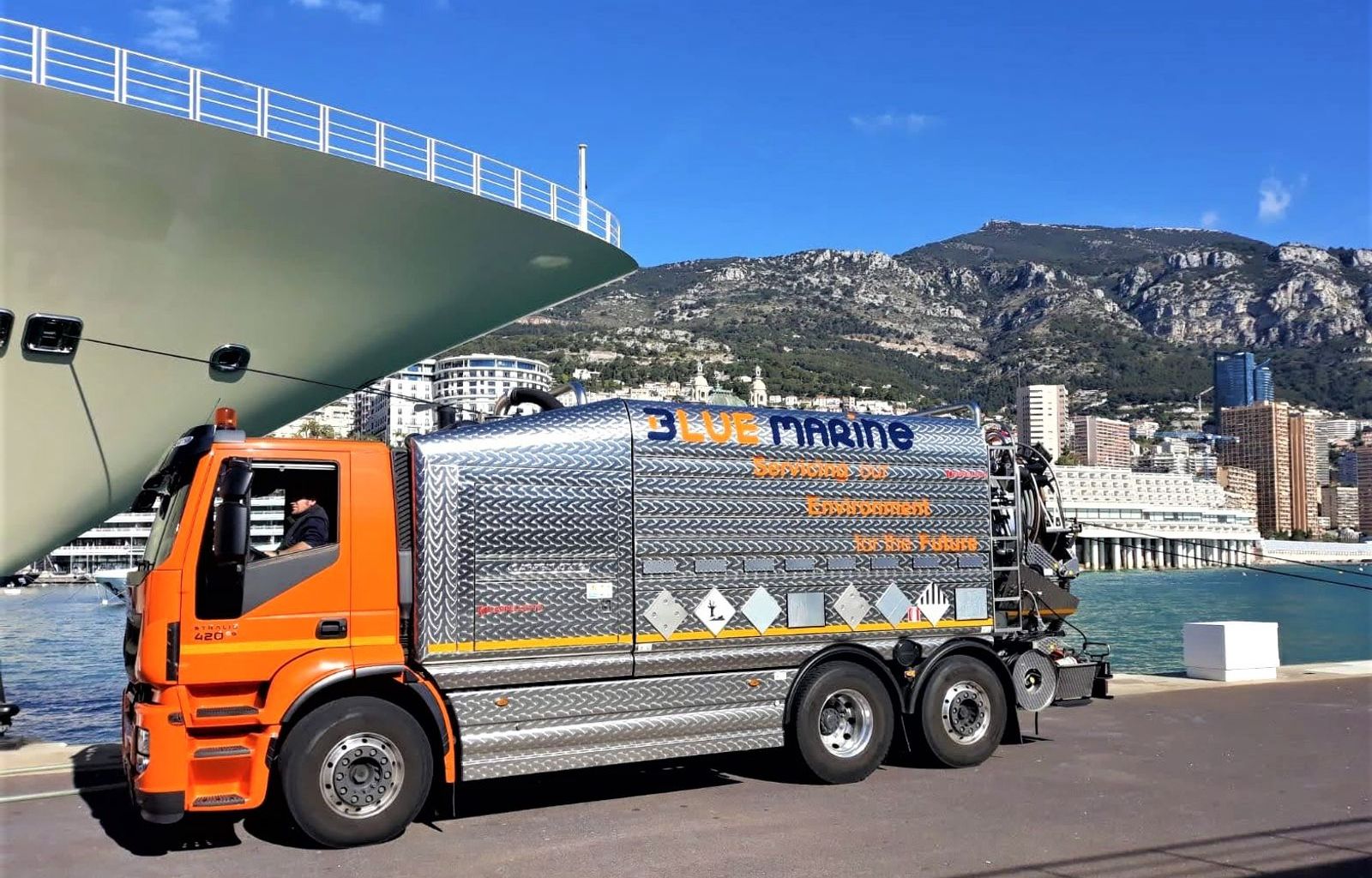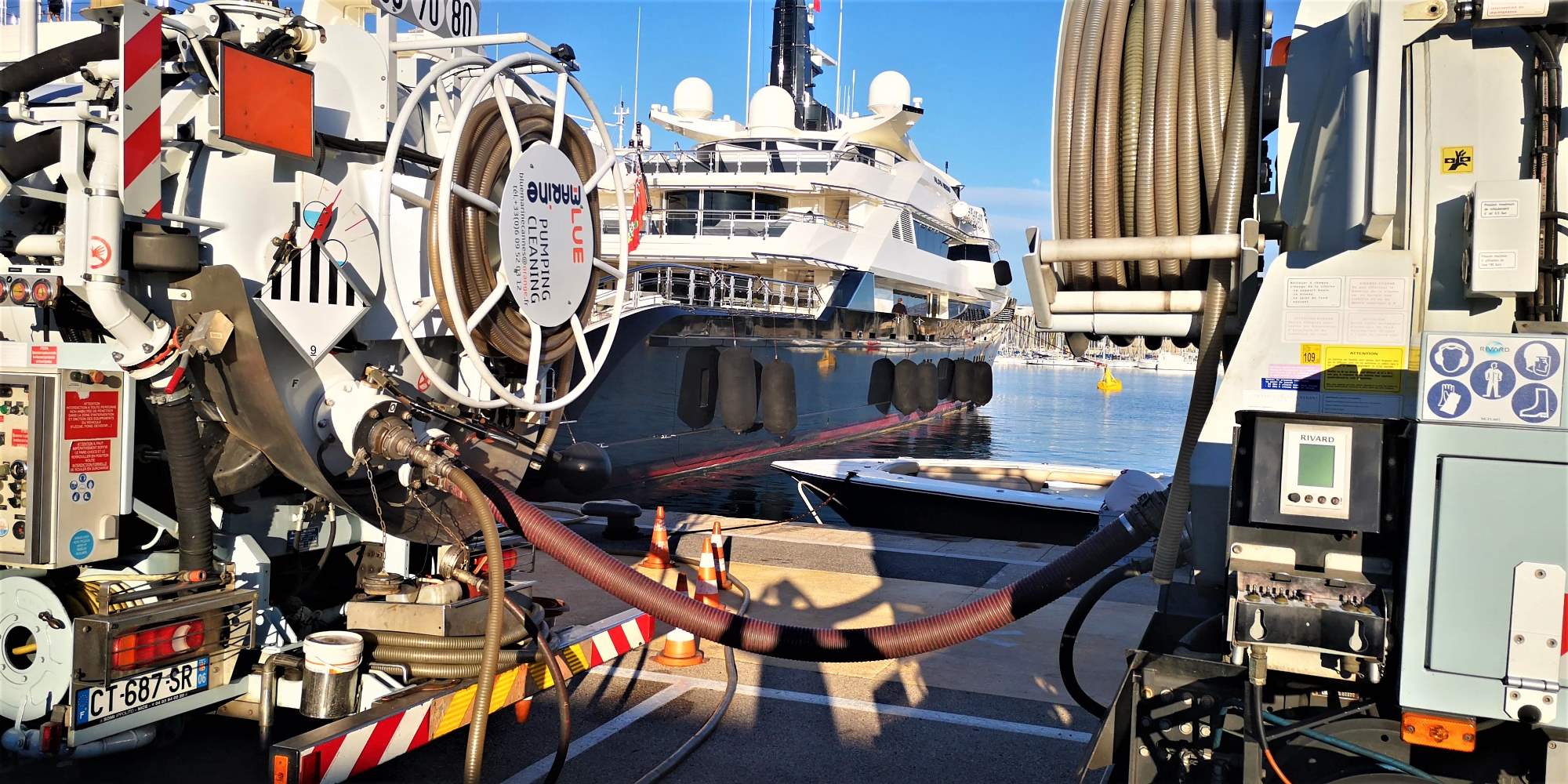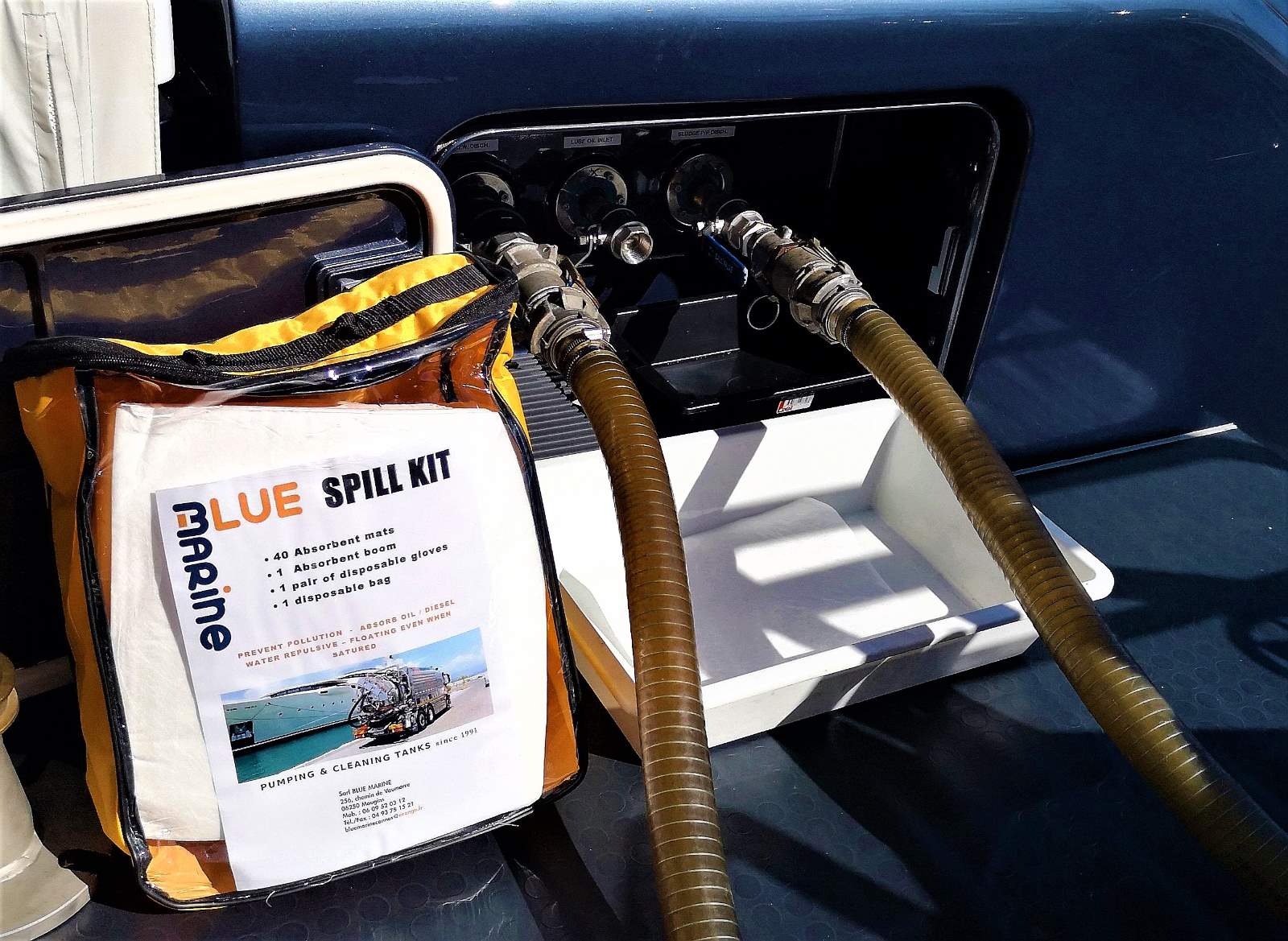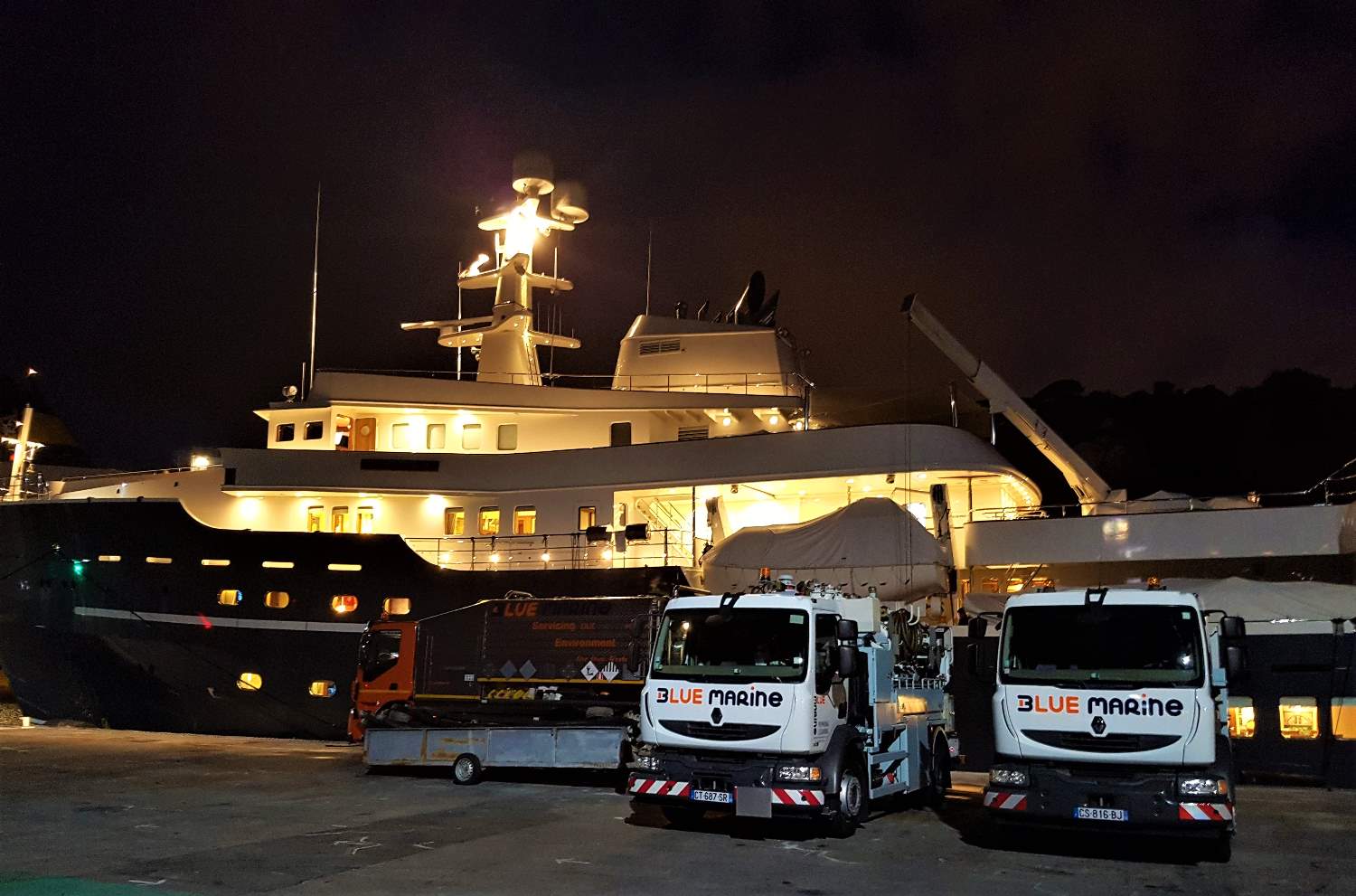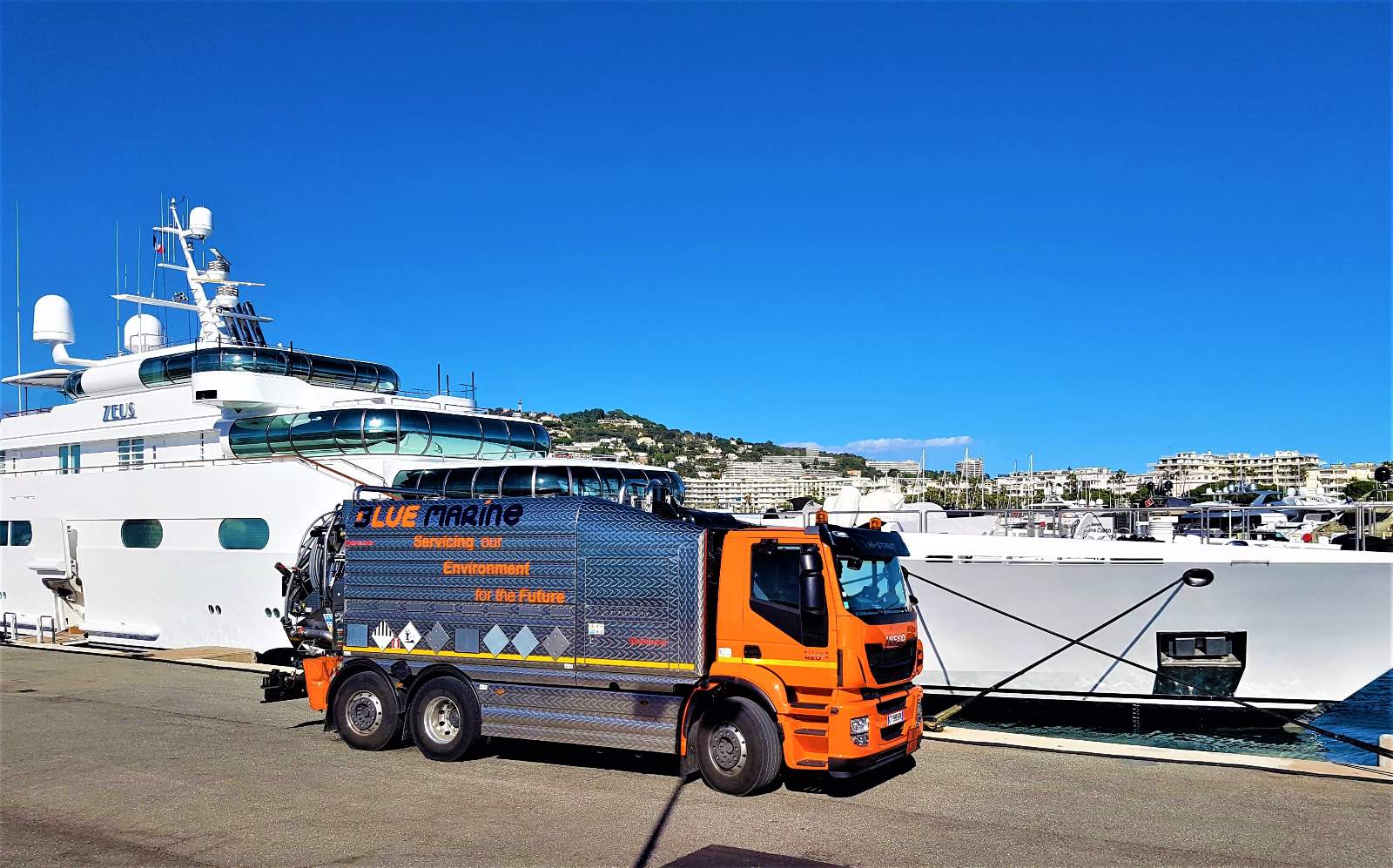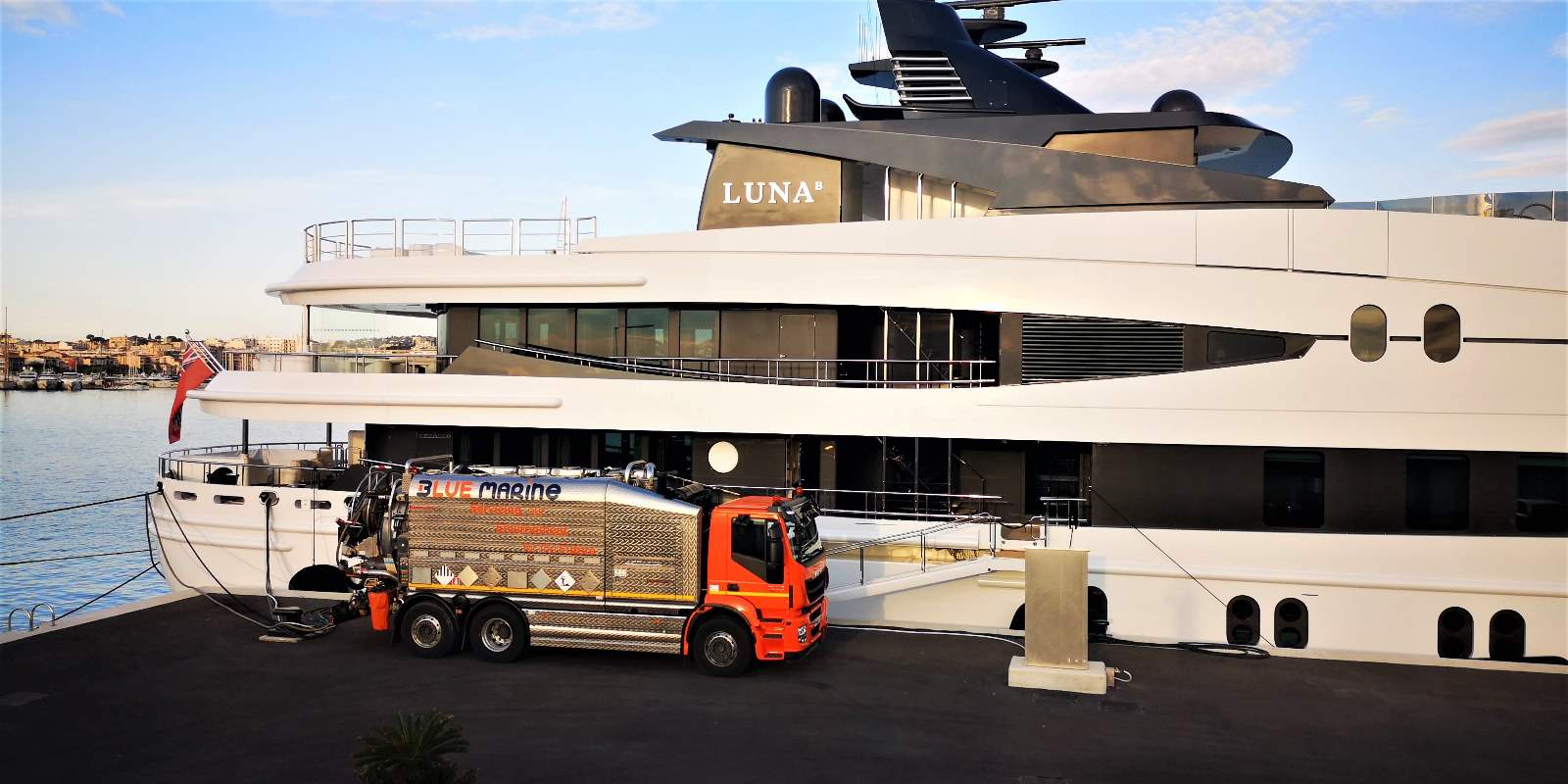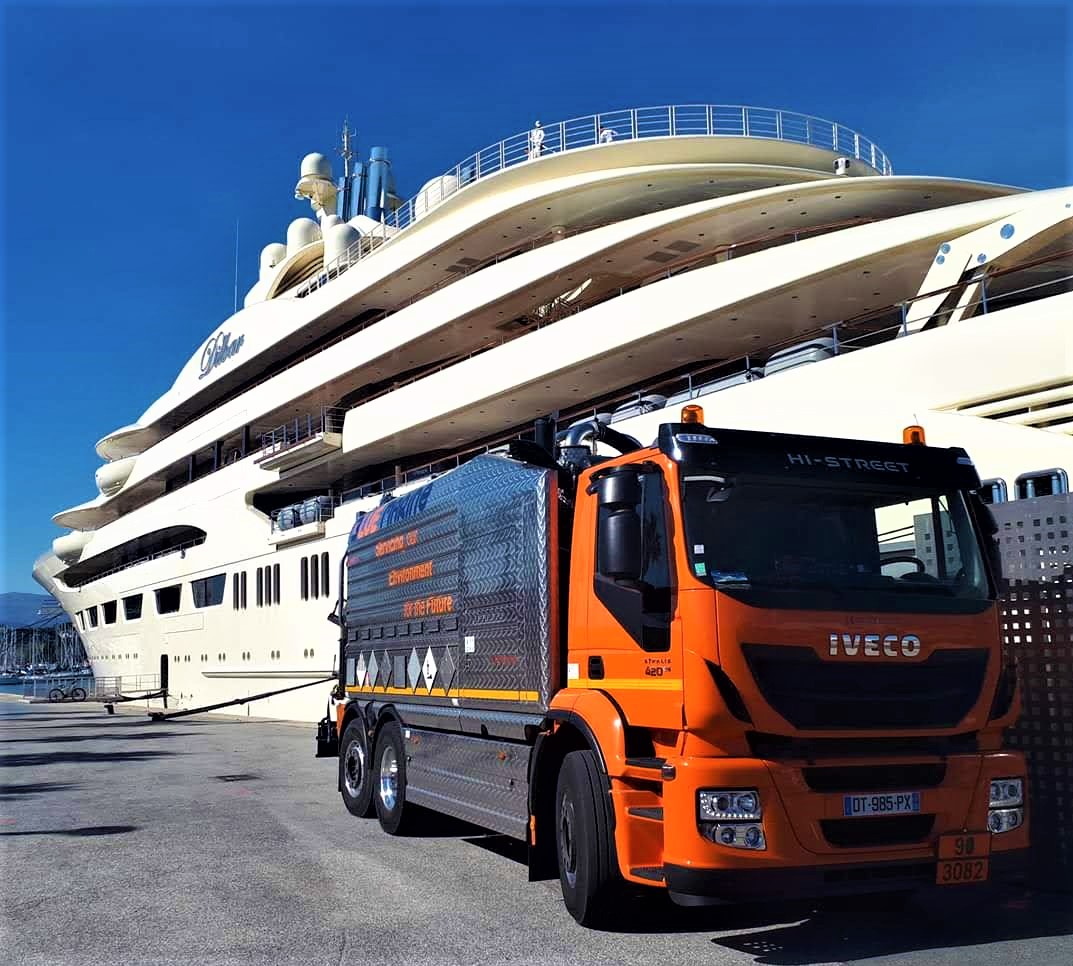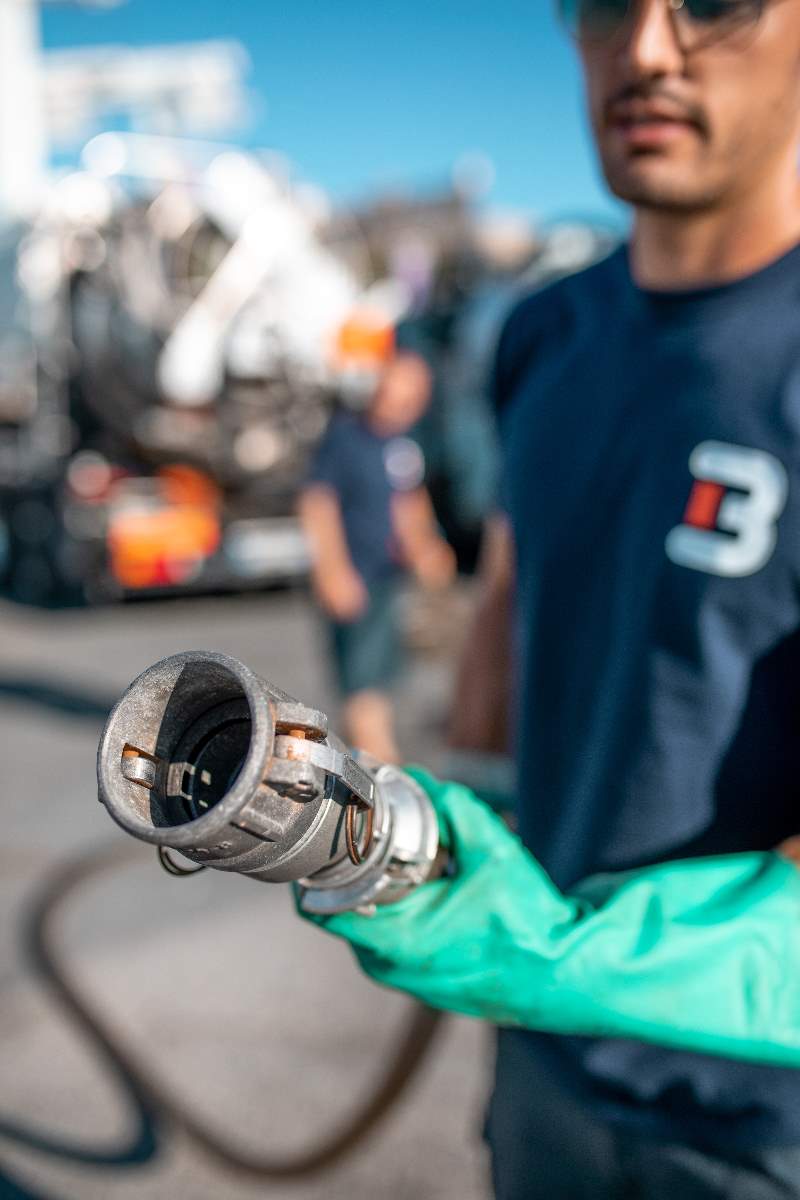Collection : Hazardous waste
We carry out the collection and transport of engine coolant to authorised centres.
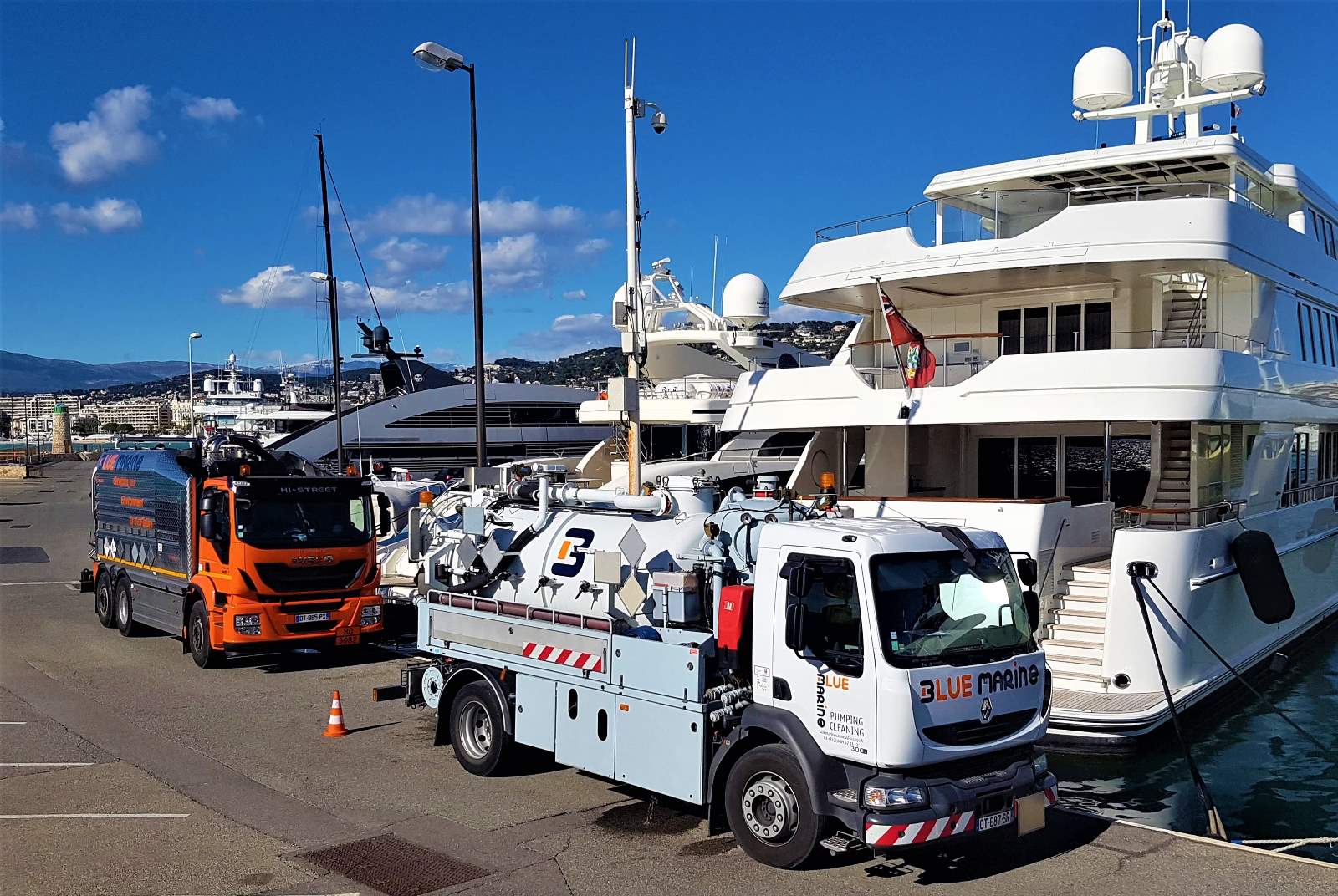
Notre service de récupération
This waste comes from the draining of the engines’ cooling circuits on board the boat. They are made of ethylene glycol and propylene glycol, suspended in water.
Because of its polluting nature, this waste is collected and stored by our means and taken to authorised centres for their disposal.
They must not be rejected into the environment or mixed to used oils.
Regarded as hazardous and subject to ADR (Accord pour le transport des marchandises Dangereuses par la Route / Road Transportation of Hazardous Materials), this waste is a risk for man and the environment. That’s why the collection, storage and treatment of the waste must be entrusted to qualified and skilled professional technicians.
Our large fleet of ADR vacuum-trucks allows us to meet all the needs depending on the different quantities to collect.
Our trucks are fitted with lengths of suction pipes allowing us to carry out pump-outs up to 90m.
We also have all the connectors which are necessary to connect to the boat (firemen’s connector, camlock, flange, storz, screw-in connectors…).

We respect the traceability of waste

The traceability of the waste compels us to quite naturally carry out a strict follow-up from the collecting of the waste to its processing, in accordance with the applicable regulation. (Articles R 541-8 and R 541-12 and on in the Environment Code). Once the waste is collected, the Waste Tracking Slips (BSD / WTS) are issued for each type of waste, as well as a removal slip.
A copy is immediately handed over to the owner. This document will track the waste until its final destination, recovery or destruction / disposal.



